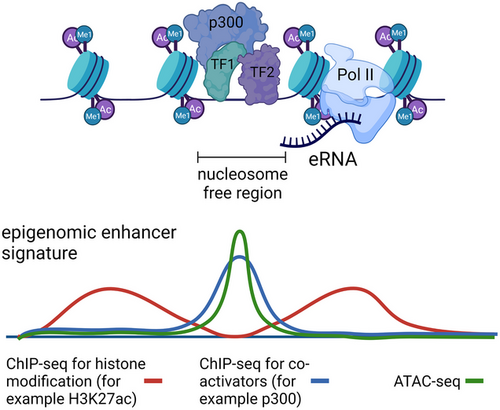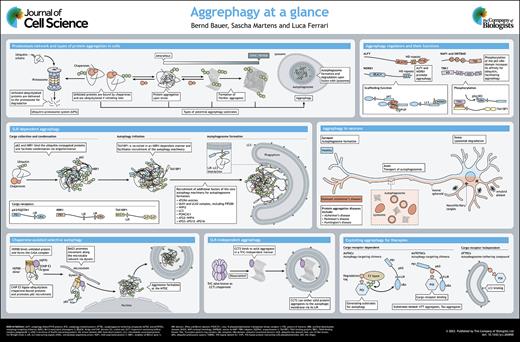Tristetraprolin (TTP) is a critical negative immune regulator. It binds AU-rich elements in the untranslated-regions of many mRNAs encoding pro-inflammatory mediators, thereby accelerating their decay. A key but poorly understood mechanism of TTP regulation is its timely proteolytic removal: TTP is degraded by the proteasome through yet unidentified phosphorylation-controlled drivers. In this study, we set out to identify factors controlling TTP stability. Cellular assays showed that TTP is strongly lysine-ubiquitinated, which is required for its turnover. A genetic screen identified the ubiquitin E3 ligase HUWE1 as a strong regulator of TTP proteasomal degradation, which we found to control TTP stability indirectly by regulating its phosphorylation. Pharmacological assessment of multiple kinases revealed that HUWE1-regulated TTP phosphorylation and stability was independent of the previously characterized effects of MAPK-mediated S52/S178 phosphorylation. HUWE1 function was dependent on phosphatase and E3 ligase binding sites identified in the TTP C-terminus. Our findings indicate that while phosphorylation of S52/S178 is critical for TTP stabilization at earlier times after pro-inflammatory stimulation, phosphorylation of the TTP C-terminus controls its stability at later stages.
Bioessays 2023 Oct;45(10):e2300044
H.F. Thomas, C. Buecker
Bioessays 2023 Oct;45(10):e2300044
H.F. Thomas, C. Buecker




